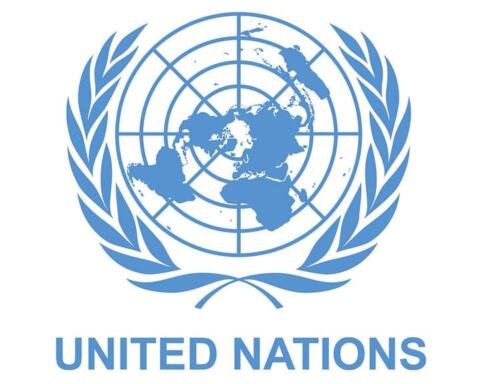In the evolution of the organizing principle of mankind from empire to nation-state during the four decades following World War II, more than a billion persons navigated the transition from subjects of foreign rulers to citizens of independent political entities. This transition may not have benefited all of those billion persons in absolute economic or even socio-political terms, as we once hoped. The average Ghanaian may today feel poorer and less in control of his or her destiny than did the subjects of the Gold Coast in 1955.
Nevertheless in many instances—from India to Singapore to the Ivory Coast to Kenya—the transition has been accomplished in the context of rising standards of gross national production, personal income, literacy, health care and, that most unmeasurable but crucial of commodities, human dignity. Moreover, the transition has not impoverished the former metropolitan imperial powers. Belgium, France, The Netherlands, the United States and, to a lesser extent, Britain, Spain and Portugal have decolonized amid continued overall growth in their national standards of living.
Full book
War-and-Refugees-The-Western-Sahara-Conflict-Richard-Lawless-Laila-Monahan-editor-Z-Library-1Support our work
Support out work
Support our work with a one-off or monthly donation
AuthorRichard Lawless & Laila MonahanYear1987Pages222LanguageEnglish
Share via
Related resources
The United Nations’ Failure in Resolving the Western Sahara Conflict
Altough a peace plan was accepted by Marocco and the POLISARIO in 1988, and…
The Unresolved Western Sahara Conflict and Its Repercussions
Western Sahara conflicts have yet to be definitively resolved. It now belongs…
Western Sahara: Road to Perdition?
At the time of writing, hopes for a peacful solution to the enduring conflict…



